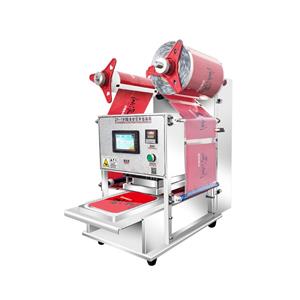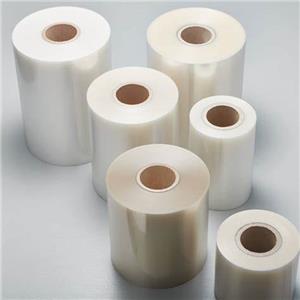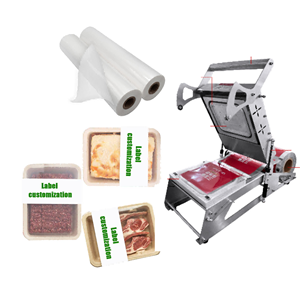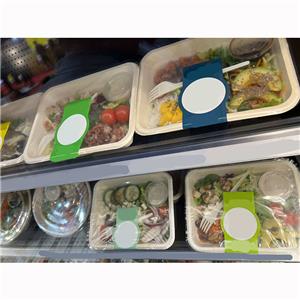New Jersey Eyes Ban on Single-Use Plastic Bottles: Biodegradable Solutions Like Sugarcane Bottles Could Be the Future
Is your workplace always stocked with single-use plastic water bottles? Do you often find yourself buying plastic bottles of water at convenience stores? This could soon change in New Jersey, where discussions around banning single-use plastic water bottles are gaining momentum.
Assemblyman Joe Danielsen, D-Somerset, recently revealed to Politico that he’s “looking into” a possible ban on single-use plastic water bottles. While no formal bill exists yet, the inspiration came from Cape Cod, where a similar measure bans single-serve bottles but still allows larger containers sold in supermarkets. The ban would encourage the use of more sustainable alternatives like bottles made from biodegradable materials, such as sugarcane bagasse bottles.
Eric Blomgren, chief administrator at the New Jersey Gasoline, C-Store, Automotive Association (NJGCA), voiced concerns about the potential impact on the grab-and-go convenience store industry. He noted that while biodegradable bottles, like those made from sugarcane pulp, may be a future solution, issues such as supply, cost, and shelf life need to be addressed.
Blomgren also raised the issue of enforcement, suggesting that businesses might bypass the ban if there are no fines, and that consumers would still find ways to get single-use plastic water bottles. He argued that the focus should be on penalizing those who litter, rather than implementing broad bans that affect everyone.
On the other side of the debate, Doug O’Malley, state director of Environment New Jersey, advocates for a ban. He pointed to the overwhelming use of single-use plastics, emphasizing that the focus should shift toward reusable and biodegradable options like sugarcane bagasse bottles. O’Malley highlighted research showing that microplastics are a growing concern, with around 240,000 microplastic particles found in just one liter of bottled water. Switching to biodegradable water bottles—such as those made from sugarcane bagasse—could significantly reduce this pollution and be better for human health.
O’Malley envisions a future where biodegradable bottles made from natural materials like sugarcane pulp and alternatives such as glass, aluminum, or cardboard replace plastic. He believes a ban on single-use plastic water bottles could greatly benefit both the environment and public health, much like New Jersey's 2022 plastic bag ban, which prevented 5.51 billion plastic bags from entering the environment annually.
As New Jersey considers the next steps, sugarcane bagasse bottles and other eco-friendly, biodegradable options could play a key role in the future of sustainable packaging. These materials are not only environmentally friendly but also offer a promising alternative to plastic. The question remains whether the state will push for a formal bill and follow through on this potential ban.




